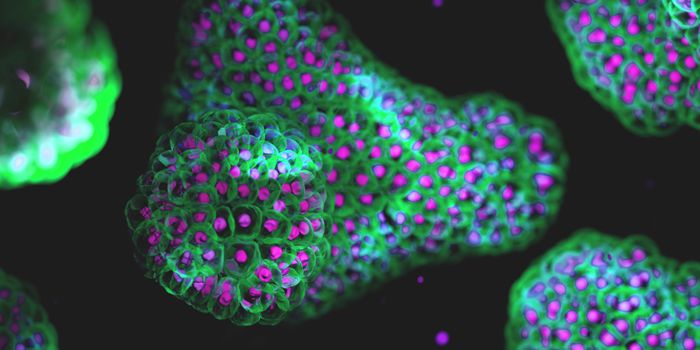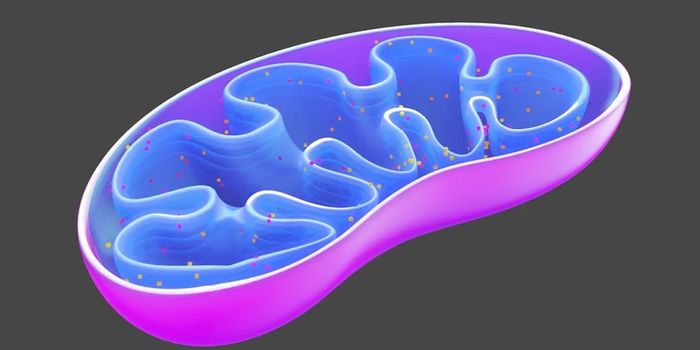How the Loss of a Protein May Improve Stroke Recovery
Astrocytes are named for their star shape, and these cells, once thought to be supporting players, are now being appreciated for the many roles they seem to serve. They help maintain the crucial blood-brain barrier, which helps nutrients reach the brain and keeps dangerous materials or pathogens out. Astrocytes support neurons, and eliminate metabolic waste. Astrocytes also seem to be critical to the transmission of signals in the brain through extensions called astrocyte tendrils. Within those tendrils is an abundant protein called Ezrin, which appears to be important to astrocyte function. Researchers have now learned more about the role of Ezrin in astrocytes, which we have known little about until now.
In a new study reported in Glia, researchers have shown that Ezrin is involved in brain development. Recovery from major stresses like strokes is also improved if Ezrin levels are depleted.
Ezrin is mostly located in developing neurons. In the adult brain, it can be found in astrocyte protrusions, noted study leader Professor Helen Morrison of FLI. "But until now, there have been no comprehensive in vivo studies of its functional importance to the nervous system," added Morrison.
When a mouse model was engineered to lack Ezrin, it did not cause problems with the mouse model's development, surprising the researchers. The mice without Ezrin did not display any obvious learning or memory deficits. Other, related proteins seem to be able to fill in for the lost Ezrin during developmental processes, noted study co-author Dr. Stephan Schacke.
But when the mice began to explore new environments, the mice without Ezrin did so more slowly, which suggested that their neuronal signaling may have been altered.
Further research revealed that a loss of Ezrin disrupted glutamate metabolism. Glutamate is vital to neuronal signaling, and is one of the most crucial excitatory neurotransmitters. Glutamate release and reuptake can both affect the transmission of neuronal signals.
A protein called GLAST plays a direct role in glutamate reuptake, and without Ezrin, GLAST levels increase. This likely affects glutamate reuptake, to weaken neuronal signals and make them shorter. This may be why the mice that lack Ezrin exhibit slower exploratory behaviors.
The levels of another protein GFAP were also increased by the loss of Ezrin. GFAP is related to astrocyte function, and when GFAP levels increase, astrocyte shape and properties change. Astrocytes with high GFAP levels become 'reactive,' which has been observed in brain damage or disease.
The loss of Ezrin had some benefit to the mice; they were protected from ischemic stroke, in which the brain does not get enough blood or oxygen.
"These mice can withstand a stroke much better than their wild-type relatives because, due to the upregulation of GLAST, they have already learned to mitigate the harmfulness and toxicity of neurotransmitters, especially glutamate, which can lead to stimulus overload and neuronal death if the dose is too high," explained Morrison.
This study has suggested that stroke outcomes might be improved if the excessive buildup of glutamate, and neuronal excitotoxicity could be prevented, added Morrison.
Sources: Leibniz Institute on Aging – Fritz Lipmann Institute (FLI), Glia









